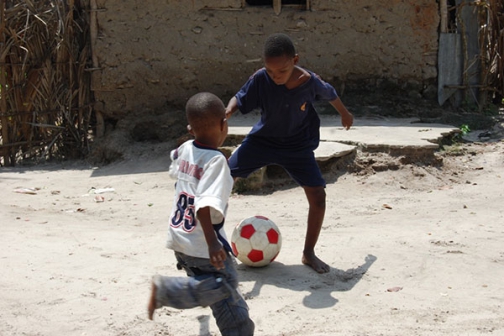
CANBERRA: An international study has found has found that Australian children are not as fit as those from nations such as Tanzania, Iceland and Estonia, but are comfortably fitter than those from the United States and Mexico.
The study, undertaken by the University of South Australia (UniSA), took data from more than 1.1 million children between the ages of nine and 17 worldwide, and determined that Australian children were the 35th fittest out of 50 nations studied. Tanzanian children were ranked the fittest while those from Mexico, Peru, Latvia, the U.S and Korea were the least fit.